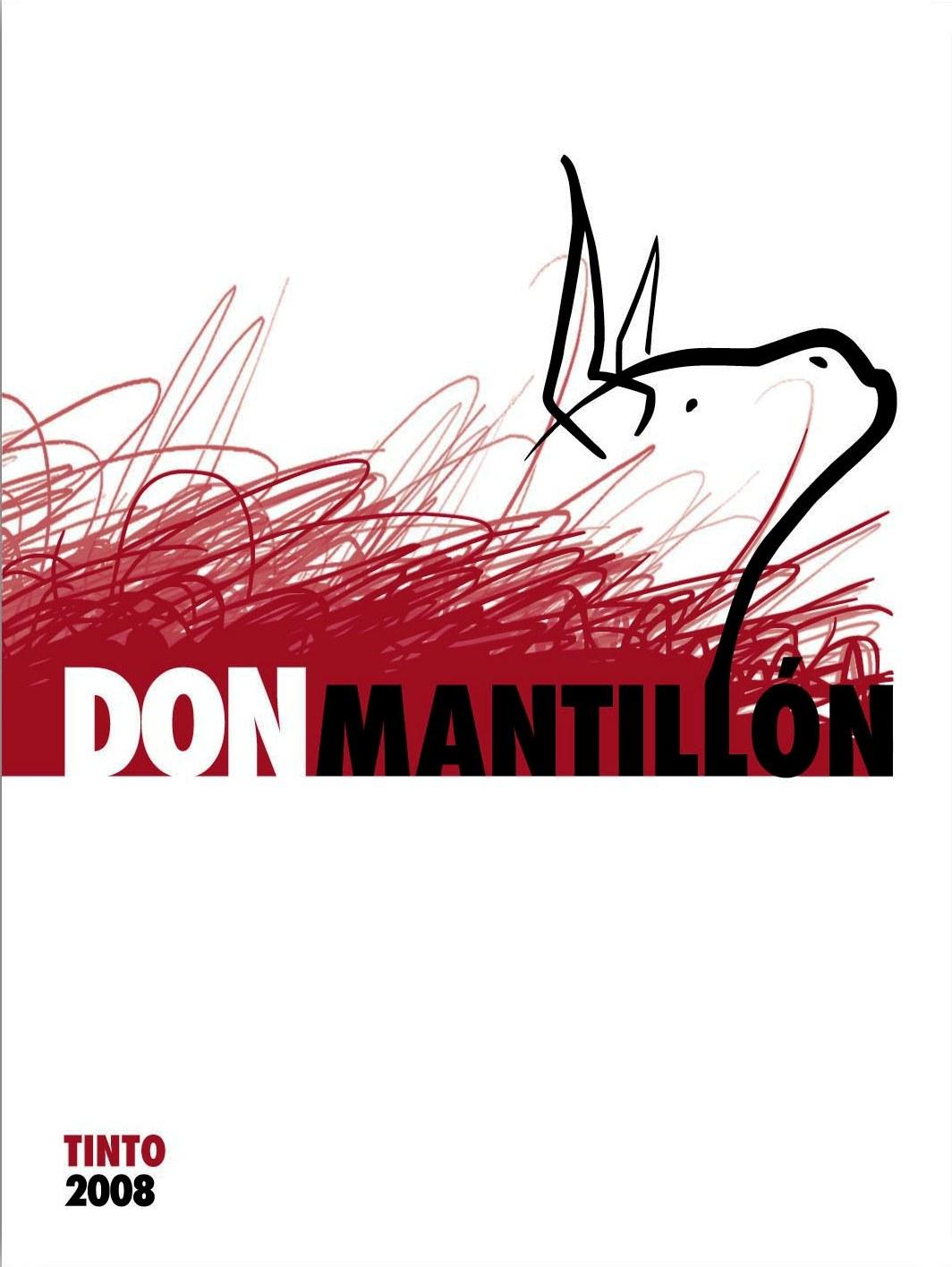2008 Alicante Red Blend
The 2008 Don Mantillón Red Blend from Alicante is an exquisite representation of the region's winemaking prowess. This wine showcases a rich, deep red hue that captivates the eye. The profile is characterized by its full-bodied nature, offering a luxurious mouthfeel that envelops the palate. With high acidity, it delivers a vibrant freshness and liveliness, making each sip an invigorating experience. The fruit intensity is pronounced, featuring beautiful notes of dark fruits, particularly ripe blackberries and plums, harmoniously intertwined with hints of spice and earthiness. The tannins are firm, providing structure and depth while ensuring a smooth finish. This wine is dry, making it a versatile companion for a variety of dishes, perfect for both special occasions and everyday enjoyment.
The 2008 Don Mantillón Red Blend from Alicante is an exquisite representation of the region's winemaking prowess. This wine showcases a rich, deep red hue that captivates the eye. The profile is characterized by its full-bodied nature, offering a luxurious mouthfeel that envelops the palate. With high acidity, it delivers a vibrant freshness and liveliness, making each sip an invigorating experience. The fruit intensity is pronounced, featuring beautiful notes of dark fruits, particularly ripe blackberries and plums, harmoniously intertwined with hints of spice and earthiness. The tannins are firm, providing structure and depth while ensuring a smooth finish. This wine is dry, making it a versatile companion for a variety of dishes, perfect for both special occasions and everyday enjoyment.




